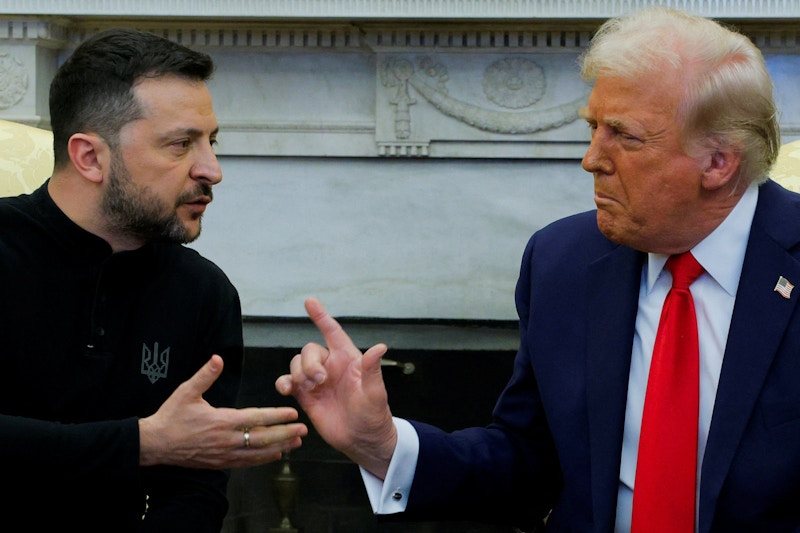Rubio says Canada takeover won't be on G7 agenda
Secretary of State Marco Rubio said that talk about the U.S. acquiring Canada will not be a topic of discussion when the Group of Seven (G7) nations meet in Quebec. Asked about President Trump's push for Canada to become the 51st state, Rubio brushed off the notion, suggesting that more serious topics such as ending...

Secretary of State Marco Rubio said that talk about the U.S. acquiring Canada will not be a topic of discussion when the Group of Seven (G7) nations meet in Quebec.
Asked about President Trump's push for Canada to become the 51st state, Rubio brushed off the notion, suggesting that more serious topics such as ending the Russia-Ukraine war would take priority at the meeting of foreign ministers Thursday.
“That's not what we're going to discuss at the G7, and that's not what we're going to be discussing in our trip here," Rubio told reporters. "They're the host nation. And I mean, we have a lot of other things we work on together."
“We defend North America through NORAD and the airspace of our continent together, so not to mention the issues of Ukraine and other commonalities. So, we're going to be focusing the G7 on all of those things," he continued. "That's what the meeting is about. It is not a meeting about how we're going to take over Canada."
The G7 meeting brings together diplomats from Canada, France, Italy, Japan, Germany, the U.S. and the United Kingdom. They will meet in Charlevoix, Quebec, March 12-14, as the first gathering of the Group of Seven diplomats since Trump returned to the Oval Office in January.
The president has doubled down on his proposal to merge the U.S. and Canada since outgoing Prime Minister Justin Trudeau — whom Trump has continuously called "governor" — announced his resignation earlier this year. The idea, however, has been soundly rejected by Canadian officials and residents alike.
The North American neighbors are also seemingly in the middle of a trade war. Trump's 25 percent tariff on steel and aluminum imports went into effect Wednesday, and he has threatened to levy an additional 25 percent tax on Canadian imports of the metals after the Ontario government imposed an electricity surcharge on three U.S. states.
Ottawa is slated to respond with its own $20.7 billion in retaliatory tariffs.
Trump previously said that the tariffs against Canada and Mexico were, in part, a response to the two nations’ alleged failure to curb the influx of fentanyl and other drugs across the border. He has also argued that the taxes would help rebuild Washington’s manufacturing industry.
Rubio defended Trump’s decision to implement tariffs on steel and aluminum Wednesday, not just on Canada and Mexico, but onto the rest of the world, contending that the U.S. has been treated unfairly with previous trade deals that directly threaten national security.
“If you don’t have steel and aluminum, you can’t build warships, you can’t build airplanes, and you are not an industrial economy," he told reporters. "There are things we have to be able to protect and there’s a lot of unfair trade practices, a lot of countries out there who subsidize their industries so that they can gain global market share, so they subsidize the industries, they’re operating at a loss."
“Meanwhile, our industries are trying to compete fairly, and that’s why you don’t have steel plants and that’s why you can’t produce the aluminum," Rubio added. "And that really threatens our national security in the long term."



